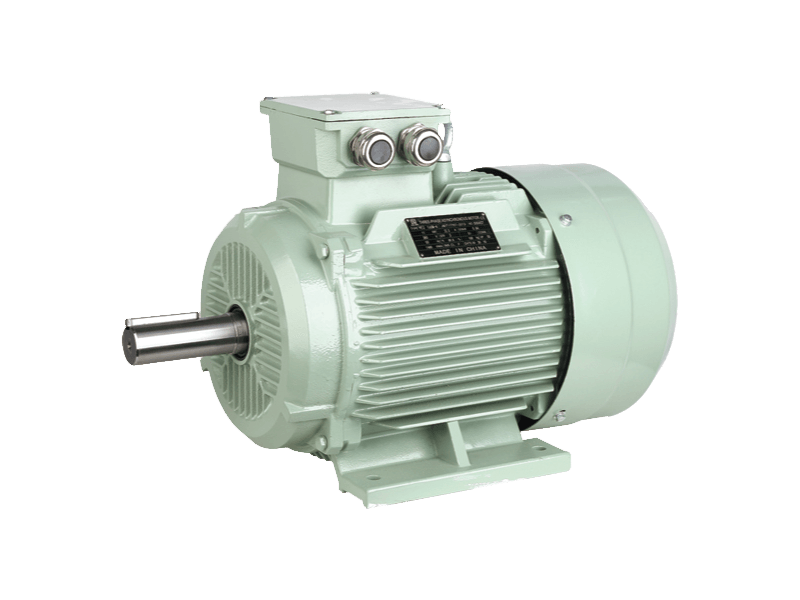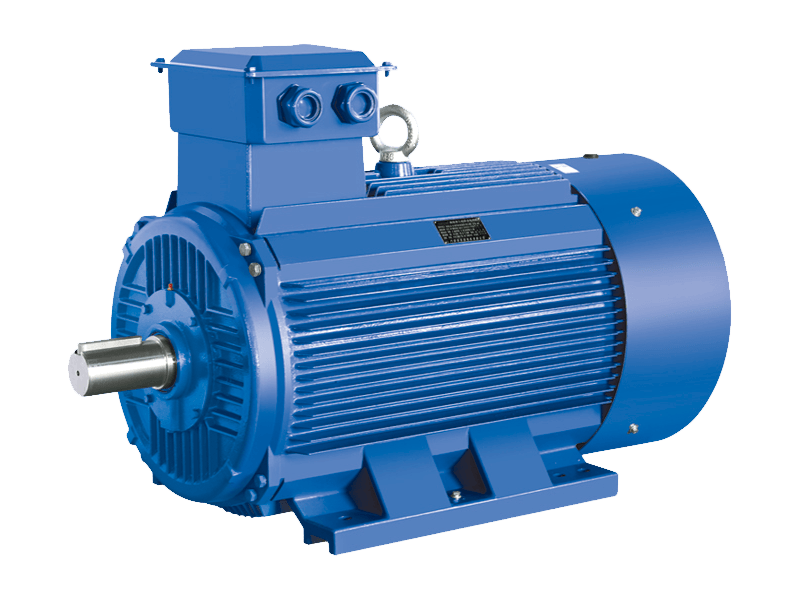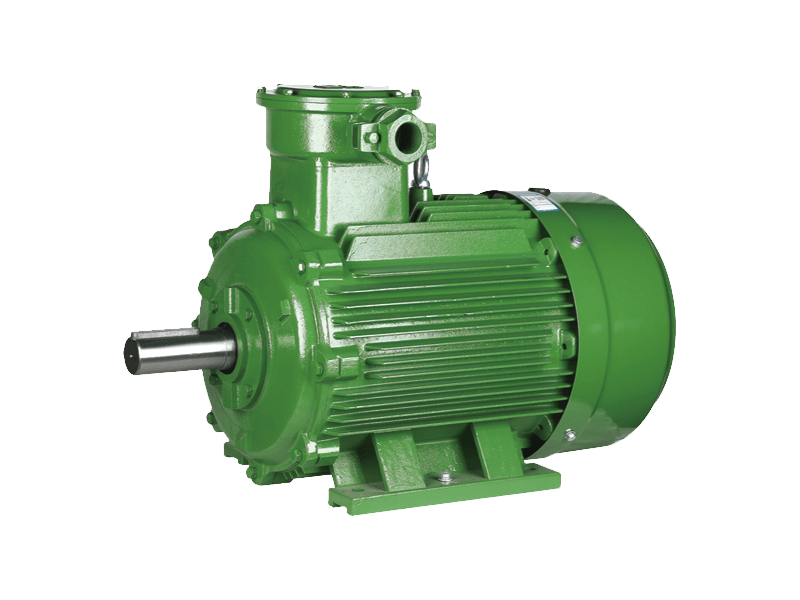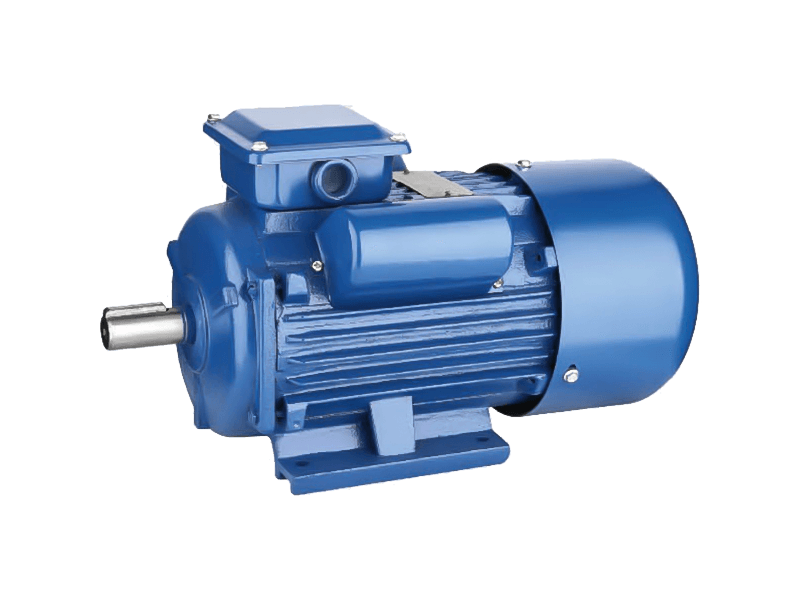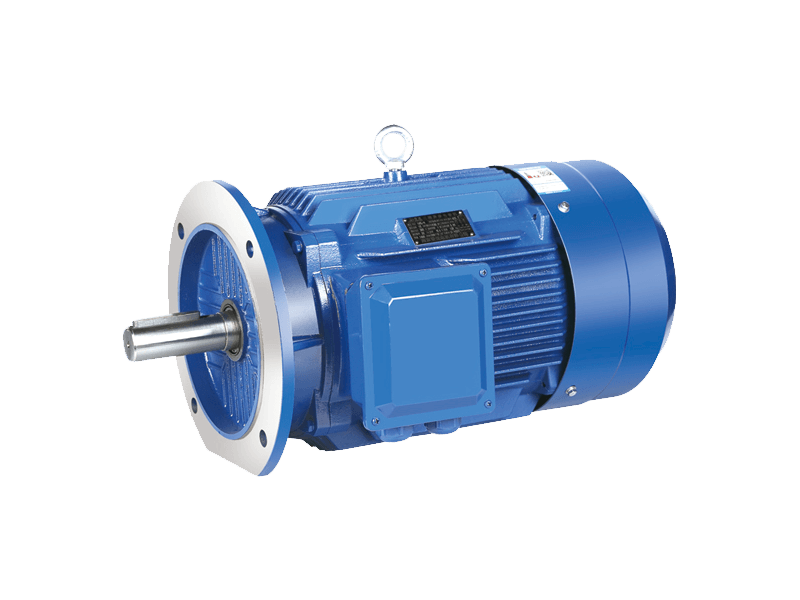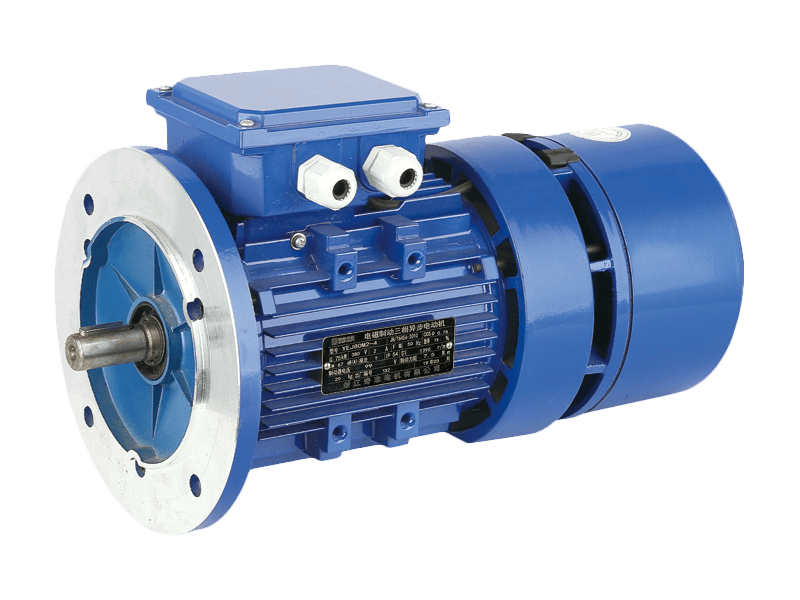Water pumps have become an integral component in a wide range of industries, from agriculture and manufacturing to municipal water supply and energy production. These mechanical devices, which move water from one place to another, play a crucial role in enhancing operational efficiency and supporting sustainable practices. As industries continue to evolve, the demand for high-performance, energy-efficient water pumps is growing, making them a key focus for manufacturers and environmentalists alike.
In recent years, water pumps have witnessed significant technological advancements. These innovations have enabled industries to reduce energy consumption, optimize water usage, and improve the overall efficiency of their operations. One of the notable developments is the integration of smart technologies, which allow for better control, monitoring, and automation of water pump systems. The ability to monitor water pump performance remotely has made it easier for businesses to identify inefficiencies, perform maintenance proactively, and avoid costly downtime.
Water Pumps in Agriculture: Enhancing Irrigation and Crop Productivity
In the agricultural sector, water pumps are used extensively for irrigation, ensuring that crops receive the necessary water for growth. Traditional irrigation systems often waste large amounts of water, but modern water pump systems offer precision control, delivering the right amount of water to specific areas of a field. This not only maximizes crop yield but also conserves water, which is a vital resource in many parts of the world facing water scarcity.
Additionally, water pumps are used in livestock farming to provide a reliable source of water for animals, ensuring their health and productivity. The agricultural industry is increasingly adopting solar-powered water pumps, which provide a sustainable solution for water management in areas with limited access to electricity. These solar-powered pumps are particularly useful in remote locations, helping farmers reduce costs and reliance on non-renewable energy sources.
Industrial Water Pumps: Supporting Manufacturing and Energy Production
Industrial processes often require large volumes of water for cooling, heating, and other operations. Water pumps are crucial in circulating water through cooling towers and heat exchangers, ensuring that machinery and equipment do not overheat and break down. By optimizing the flow of water, industrial water pumps help to maintain safe operating conditions, which can to longer equipment lifespan and reduced maintenance costs.
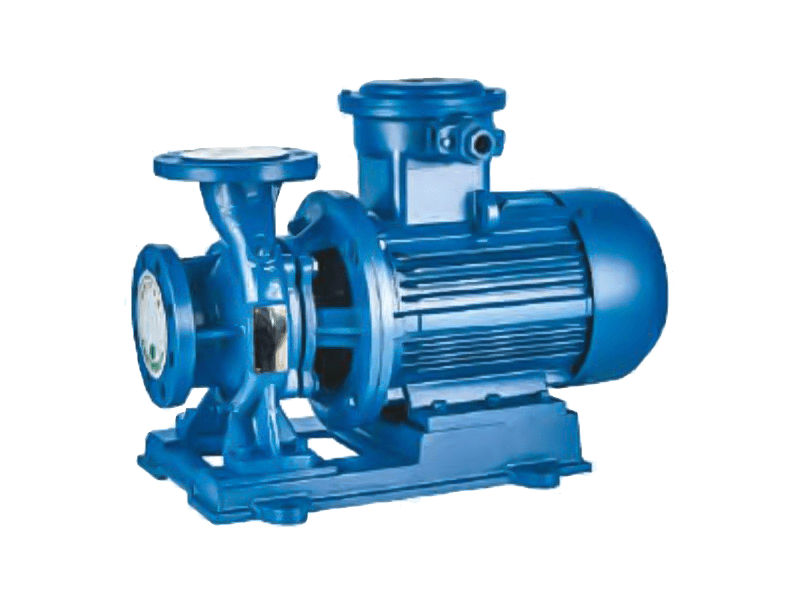
In the energy sector, water pumps are indispensable for hydroelectric power plants, where they help manage the flow of water through turbines to generate electricity. Pumped-storage hydroelectricity, for instance, involves using excess electricity to pump water into a reservoir, which can then be released through turbines to generate power when demand is high. This process is key to stabilizing the power grid, providing a sustainable and reliable source of energy.
Water Pumps in Municipal Systems: Ensuring Clean Water Supply
Municipal water systems rely heavily on water pumps to distribute clean water to homes and businesses. These systems use large-scale pumps to move water from treatment plants to reservoirs and distribution networks. Water pumps also play a critical role in wastewater management, where they help transport sewage to treatment facilities, preventing the contamination of drinking water sources.
In many cities around the world, outdated water pump systems are being replaced with more efficient, environmentally friendly models. These pumps are designed to reduce energy consumption, lower greenhouse gas emissions, and improve the overall reliability of water distribution. Additionally, some municipalities are exploring the use of renewable energy sources, such as wind or solar power, to drive water pump systems, further reducing their environmental footprint.
The Environmental Impact of Water Pumps: A Focus on Efficiency
As industries become more conscious of their environmental impact, there is an increasing emphasis on water pump efficiency. In many sectors, water pumps account for a significant portion of energy consumption. To address this, manufacturers are developing energy-efficient models that use less power to achieve the same performance. These pumps are equipped with advanced motors, variable speed drives, and other technologies that optimize energy use and reduce operational costs.
Water pumps are also being designed with longer lifespans and easier maintenance schedules in mind, which reduces waste and the need for frequent replacements. The use of durable materials and innovative coatings in pump construction is helping to extend the service life of pumps, making them more cost-effective and sustainable.

